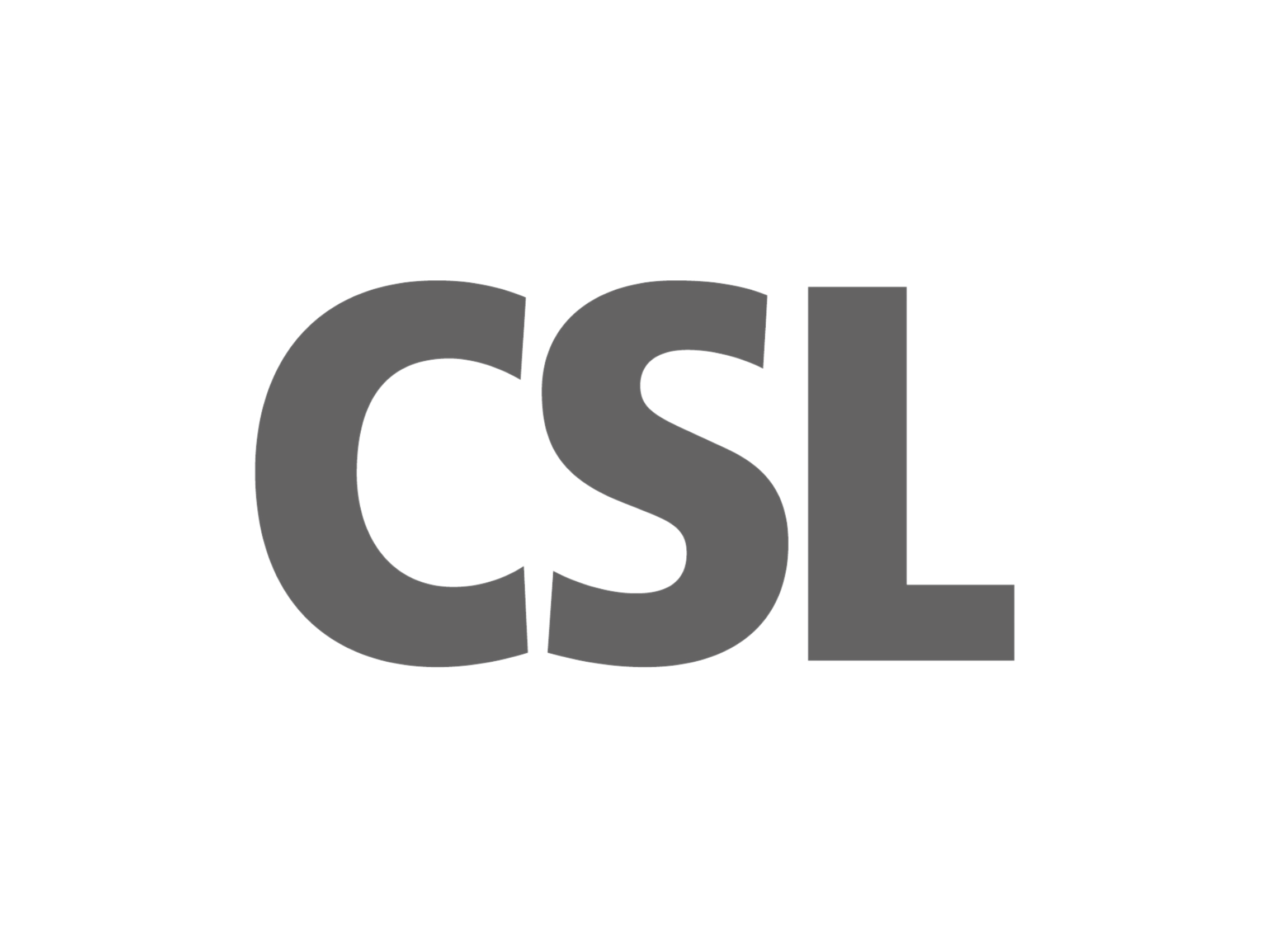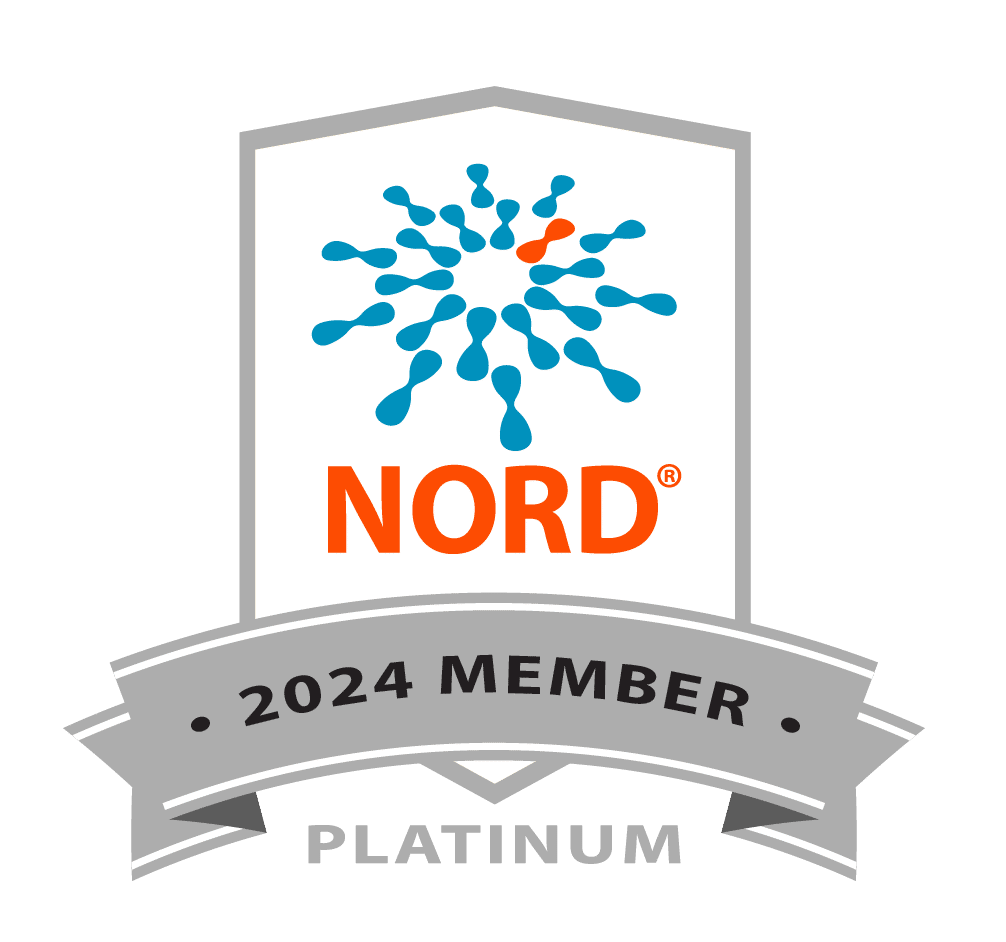Some important words to know about Alpha-1 – what they mean and how to pronounce them:
Adverse Event
An unfavorable change in the health of a participant, including abnormal laboratory findings, happens during a clinical study or within a certain amount of time after the study has ended. This change may or may not be caused by the intervention/treatment being studied.
Alpha-1 Antitrypsin Deficiency (ALF-a-ONE-anty-TRIP-sin Da-FISH-in-see)
A hereditary condition that may result in severe lung disease in adults and/or liver disease at any age. Called just Alpha-1 for short. People with Alpha-1 are usually called Alphas.
Alpha-1 Antitrypsin (ALF-a-ONE-anty-TRIP-sin)
A protein in the blood that protects the lungs from inflammation caused by infection or inhaled irritants. The liver produces Alpha-1 protein (often called AAT).
Ascites (a-SITE-ease)
Fluid buildup in the belly; often caused by liver disease.
Augmentation Therapy (AUG-min-TAY-shun)
Giving purified alpha-1 antitrypsin protein through the veins increases the amount of protein in the blood and lungs of an Alpha. Also called “replacement therapy.”
Bronchiectasis (BRONK-ee-ECK-ta-sis)
Permanent enlargement of the bronchial tubes. People with bronchiectasis often cough up phlegm every day.
Bronchodilator (BRONK-o-DIE-later)
Medicine that opens the airways.
Carrier
An Alpha-1 carrier has one normal alpha-1 gene (M) and one abnormal alpha-1 gene (usually Z or S). Carriers may have lower blood levels of alpha-1 protein and can pass on the alpha-1 gene to their children. There are an estimated 19 million carriers in the United States.
Chronic Bronchitis (KRON-ic bron-KITE-is)
Chronic inflammation of the bronchial tubes. (Chronic means lasting a long time.)
Cirrhosis (sir-ROCE-is)
Severe scarring and hardening of the liver.
Clinical study
A research study involving human volunteers (also called participants) that is intended to add to medical knowledge. There are two types of clinical studies: interventional studies (also called clinical trials) and observational studies.
Clinical trial
Another name for an interventional study.
Condition/disease
The disease, disorder, syndrome, illness, or injury being studied. On ClinicalTrials.gov, conditions may also include other health-related issues, such as lifespan, quality of life, and health risks.
COPD (Chronic Obstructive Pulmonary Disease)
Lung diseases, including emphysema, chronic bronchitis, and bronchiectasis, cause shortness of breath. An Alpha with breathing problems is often first diagnosed with asthma or COPD.
Deficiency (Da-FISH-in-see)
A lack or low level of alpha-1 antitrypsin protein in the blood and lungs.
Early Phase 1 (formerly listed as Phase 0)
A phase of research used to describe exploratory trials conducted before traditional phase 1 trials to investigate how or whether a drug affects the body. They involve very limited human exposure to the drug and have no therapeutic or diagnostic goals (for example, screening or micro dose studies).
Eligibility criteria
The key requirements or characteristics that people must have who want to participate in a clinical study. Eligibility criteria consist of inclusion criteria (required for a person to participate in the study) and exclusion criteria (which prevent a person from participating). Types of eligibility criteria include whether a study accepts healthy volunteers, has age or age group requirements, or is limited by sex.
Enrollment
The number of participants in a clinical study. The “estimated” enrollment is the target number of participants the researchers need for the study.
Exacerbation (ex-ASS-er-BAY-shun)
Flare-up or episode when a health condition worsens. Pneumonia is an example of a severe exacerbation of Alpha-1 lung disease.
Exclusion criteria
A type of eligibility criteria. These are reasons why a person is not allowed to participate in a clinical study.
Genes (jeans)
Genes are DNA sections that cause human characteristics, like your eye color or whether your hair is straight or curly. You generally get one gene from each parent. Genes also hold the instructions for making proteins.
Genotype (JEAN-o-type)
When referring to Alpha-1, the type of gene in your Alpha-1 DNA. While this differs from phenotype (see below), both are usually expressed with the same letters, such as ZZ or MZ.
Genetic or Hereditary (ja-NET-ick or ha-RED-a-TARRY)
Passed on from parents to their children through genes. Alpha-1 is a genetic condition.
Inclusion criteria
A type of eligibility criteria. These are why a person is allowed to participate in a clinical study.
Informed consent
A process used by researchers to communicate to potential and enrolled participants the risks and potential benefits of participating in a clinical study. For more information, see Participating in Studies on this site.
Informed consent form
(ICF) The document used in the informed consent process.
Investigator
A researcher involved in a clinical study. Related terms include site principal investigator, site sub-investigator, study chair, study director, and study principal investigator.
Observational study
A type of clinical study in which participants are identified as belonging to study groups and are assessed for biomedical or health outcomes. Participants may receive diagnostic, therapeutic, or other types of interventions, but the investigator does not assign participants to specific interventions/treatments. A patient registry is a type of observational study.
Other adverse event
An adverse event that is not a serious adverse event, meaning that it does not result in death, is not life-threatening, does not require inpatient hospitalization or extend a current hospital stay, does not result in an ongoing or significant incapacity or interfere substantially with normal life functions, and does not cause a congenital anomaly or birth defect; it also does not put the participant in danger and does not require medical or surgical intervention to prevent one of the results listed above.
Panniculitis (pa-NICK-you-LITE-is)
Inflammation in fat beneath the skin which causes the skin to harden and form painful red lumps and patches. It is a rare condition associated with Alpha-1.
Phase
The stage of a clinical trial studying a drug or biological product based on definitions developed by the U.S (United States). Food and Drug Administration (FDA). The phase is based on the study’s objective, the number of participants, and other characteristics. There are five phases: Early Phase 1 (formerly listed as Phase 0), Phase 1, Phase 2, Phase 3, and Phase 4. Not Applicable is used to describe trials without FDA-defined phases, including trials of devices or behavioral interventions.
Phase 1
A phase of research to describe clinical trials that focus on drug safety. They are usually conducted with healthy volunteers, and the goal is to determine the drug’s most frequent and serious adverse events and, often, how the drug is broken down and excreted by the body. These trials usually involve a small number of participants.
Phase 2
A phase of research to describe clinical trials that gather preliminary data on whether a drug works in people who have a certain condition/disease (that is, the drug’s effectiveness). For example, participants receiving the drug may be compared to similar participants receiving a different treatment, usually an inactive substance (called a placebo) or a different drug. Safety continues to be evaluated, and short-term adverse events are studied.
Phase 3
A phase of research to describe clinical trials that gather more information about a drug’s safety and effectiveness by studying different populations and different dosages and by using the drug in combination with other drugs. These studies typically involve more participants.
Phase 4
A phase of research to describe clinical trials occurring after the FDA has approved a drug for marketing. They include post-market requirements and commitment studies required of or agreed to by the study sponsor. These trials gather additional information about a drug’s safety, efficacy, or optimal use.
Phase Not Applicable
Describes trials without FDA-defined phases, including trials of devices or behavioral interventions.
Phlegm
Phlegm is a specific type of mucus that originates in your lungs and throat. It is slightly thicker than the mucus produced in your nose and sinuses. Another name for phlegm is sputum. Most of the time, coughing up phlegm is not a cause for concern. It helps clear irritants and infections from your lungs.
Placebo
An inactive substance or treatment that looks the same as, and is given in the same way as, an active drug or intervention/treatment being studied.
Principal investigator (PI)
The person responsible for the scientific and technical direction of the entire clinical study.
Protocol
A written description of a clinical study. It includes the study’s objectives, design, and methods. It may also include relevant scientific background and statistical information.
Phenotype (FEE-no-TYPE)
The type of alpha-1 protein circulating in your blood. Also called Pi-type. “Pi-ZZ” and “Pi-SZ” mean the same thing as just “ZZ” or “SZ.”
Pulmonologist (PULL-ma-NOLL-a-gist)
A doctor who specializes in lung health. In Canada and the United Kingdom, it is usually called a respirologist.
Pulse Oximeter (ox-IM-mitter)
A device that measures the oxygen levels in your blood and how fast your heart is beating.
Recruitment Status
- Not yet recruiting: The study has not started recruiting participants.
- Recruiting: The study is currently recruiting participants.
- Enrolling by invitation: The study selects participants from a population, or group of people, decided on by the researchers in advance. These studies are only open to some people who meet the eligibility criteria but only to people in that particular population who are specifically invited to participate.
- Active, not recruiting: The study is ongoing, and participants are receiving an intervention or being examined, but potential participants still need to be recruited or enrolled.
- Suspended: The study has stopped early but may start again.
- Terminated: The study has stopped early and will not start again. Participants are no longer being examined or treated.
- Completed: The study has ended normally, and participants are no longer being examined or treated (that is, the last participant’s last visit has occurred).
- Withdrawn: The study stopped early, before enrolling its first participant.
- Unknown: A study on ClinicalTrials.gov whose last known status was recruiting; not yet recruiting; or active, not recruiting but that has passed its completion date, and the status has not been verified within the past 2 years.
Responsible party
The person responsible for submitting information about a clinical study to ClinicalTrials.gov and updating that information. Usually, the study sponsor or investigator.
Serious adverse event
An adverse event that results in death, is life-threatening, requires inpatient hospitalization or extends a current hospital stay, results in an ongoing or significant incapacity or interferes substantially with normal life functions, or causes a congenital anomaly or birth defect. Medical events that do not result in death, are not life- threatening, or do not require hospitalization may be considered serious adverse events if they put the participant in danger or require medical or surgical intervention to prevent one of the results listed above.
Spirometry (spy-ROM-it-tree)
A simple test that measures how well your lungs are working.
Sponsor
The organization or person who initiates the study and who has authority and control over the study.
Status
Indicates the current recruitment status or the expanded access status.
Study documents
Refers to the type of documents that the study sponsor or principal investigator may add to their study record. These include a study protocol, statistical analysis plan, and informed consent form.
U.S. Agency for Healthcare Research and Quality (AHRQ)
An agency within the U.S. Department of Health and Human Services. AHRQ’s mission is to produce evidence to make health care safer, higher quality, more accessible, equitable, and affordable, and to work within the U.S. Department of Health and Human Services and with other partners to make sure that the evidence is understood and used.
U.S. Food and Drug Administration (FDA)
An agency within the U.S. Department of Health and Human Services. The FDA is responsible for protecting the public health by making sure that human and veterinary drugs, vaccines and other biological products, medical devices, the Nation’s food supply, cosmetics, dietary supplements, and products that give off radiation are safe, effective, and secure.











